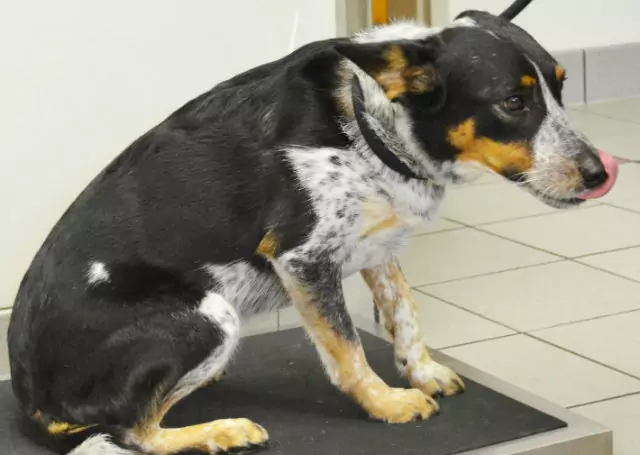Is Honey Bad for Dogs? Aspects of Honey That Can Help Dogs
2022-07-08
Honey is a sweet gift that nature has given to mankind. Many people see honey as a portion of healthy food and honey water is one of the most common ways people consume honey.
Not only does honey taste sweet, but it also has nutritional properties that improve health conditions. So can such a great food be fed to dogs? Should we be indifferent when furry pups look at honey with eager eyes, or should we let them have a taste of honey too?
The truth is that honey is as good for dogs as it is for people. Most of the time, honey is safe and nutritious for dogs. Honey contains many important nutrients such as pollen, enzymes, minerals, sugars (fructose and glucose), vitamins, and more. These nutrients are also needed to maintain your dog's healthy body.
By controlling the amount of honey you feed your dog, he will be able to get quality nutrients from the delicious honey.
I. What honey can do for your dog
The first thing we want to remind you of is that we are talking about raw, unprocessed honey here. That processed honey is usually made with corn syrup that is high in fructose, which is not very good for dogs.
Helps relieve your dog's allergies
If your dog is experiencing seasonal allergies, then he may benefit from ingesting honey.
Honey contains trace amounts of pollen. When your dog ingests honey he also slowly introduces these trace amounts of pollen into his body, and this pollen helps your dog develop antibodies to pollen.
When warm spring days arrive, these antibodies in your dog's body will be able to stop the autoimmune response triggered by the pollen in the air.
Therefore, it is best to feed your dog locally produced honey, as this honey has a higher probability of containing local pollen.
Pollen also contains a substance called quercetin, which is a bioflavonoid that contains antihistamine properties. Quercetin can reduce tearing and itching triggered by allergies.
Honey can help heal wounds in dogs
Honey can be used as an antiseptic and disinfectant on your dog's wounds, like the usual less serious scratches, bites, and burns. Just apply the honey directly to the wound and then wrap it with a bandage.
The reason why honey can be used to heal wounds is due to its properties.
Applying honey to the wound forms a protective film, which is insulated from external contaminants.
Honey contains a mildly acidic substance. Most bacteria cannot survive in this environment.
The water content of honey is very low (around 20%) and bacteria do not like such conditions.
The high sugar content in honey causes bacteria to dehydrate and die.
Honey contains antibacterial properties, which help heal wound infections.
Honey accelerates the growth of body tissues and speeds up the healing of wounds.
Despite all the benefits of honey in wounds, we need to remind you that treating wounds with honey should only be used for less serious wounds. If your dog has a deep wound, do not consider treating it with honey; it is only right to take your dog to the vet first.
Honey can relieve your dog's cough
I'm sure you can relate to this yourself from first-hand experience. Drinking honey water when our throat is not feeling well will often help to relieve it.
In this regard, the same is true for dogs. Honey relieves the pain and discomfort in the throat.
When your dog is experiencing coughing symptoms, we recommend that you can feed your dog 1 teaspoon or 1/2 teaspoon of honey at a time, twice a day.
Honey can improve your dog's digestion
When your dog is experiencing digestive problems such as indigestion, constipation, or diarrhea, you can also try giving him a little honey to ease his gastrointestinal discomfort.
Honey contains prebiotics and probiotics, both of which can play a beneficial role in the digestive tract.
Honey can help control your dog's weight
Some studies have shown that honey can slow down hunger pangs. Honey is a simple sugar, but it is broken down differently than table sugar (such as white sugar).
Less insulin is needed to break down honey and it is absorbed more slowly by dogs. This means that it slows down the digestion and conversion of glucose, which keeps blood sugar levels relatively stable.
If your dog is prone to gaining weight, try adding a little honey to its diet.
Things to keep in mind when feeding honey
The truth is that not every dog is a good candidate for honey, and if your dog has diabetes, then the honey will not be a good choice. There are a few things you should keep in mind when feeding honey, except for dogs in special situations.
Always control the amount you feed your dog when feeding honey, too much honey can not only cause diarrhea but also obesity in your dog.
It is not recommended to feed honey to dogs under 6 months of age. Puppies' digestive tracts and immune systems are not fully developed and honey is not a good choice for them.
Raw honey may contain some natural bacteria and it is not suitable for puppies.
Honey can be a great food to add to your dog's diet, but you also don't want to forget that honey is a high sugar food and too much of it can cause a host of negative effects for your dog.
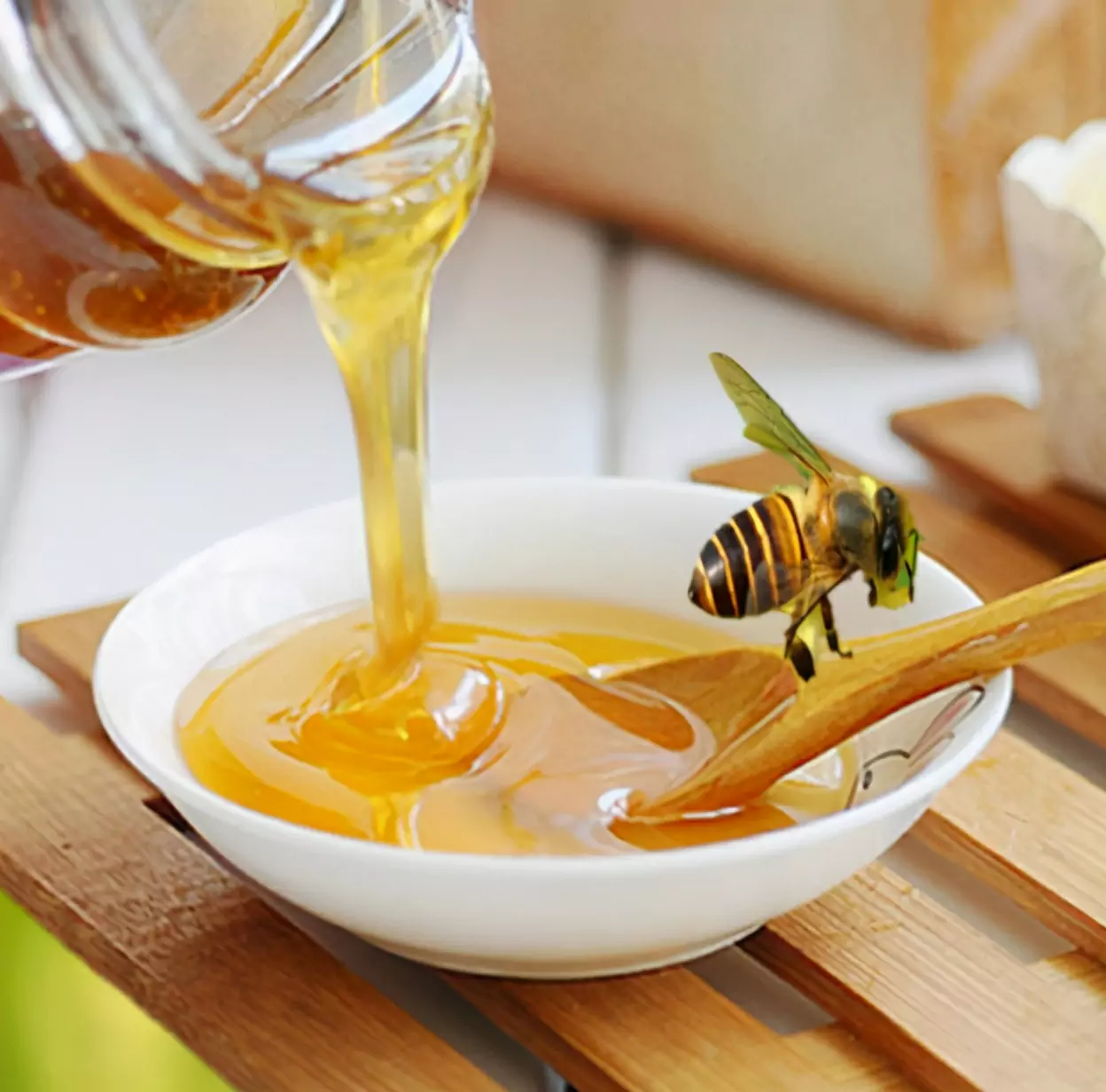
II. What can happen when you feed your dog too much honey?
Too much honey can cause gastrointestinal problems in dogs, such as botulism, diarrhea, bloating, stomach cramps, and more. Because honey is high in fructose, too much honey may also interfere with your dog's ability to digest other nutrients.
Excessive amounts of honey may also cause dental problems in dogs. This is because the high levels of sugar in honey may attach to your dog's teeth and become a nutrient for bacteria, which can lead to the formation of tooth decay.
Reasonable Recommended Feeding Size
Remember, when your dog first eats honey, try to give as little as possible. On the one hand, you need to observe if your dog is allergic to honey itself, and on the other hand, this will help your dog get used to the smell, texture, and taste of honey. Once he starts to get used to the honey, then slowly increase the amount until you reach a feeding amount that is appropriate for his size.
Watch your dog's bowel movements and mental state after the first few doses of honey, and if there are any abnormalities, do not give him any more honey.
Conclusion
Dogs are allowed to eat honey, you just need to control the amount you feed according to the size of your dog. Raw honey is a portion of very good food for dogs, but it is not suitable for puppies under 6 months of age. If your dog has diabetes, then honey is likewise not suitable for him.
Finally, we would like to remind you that the majority of processed honey on the market is not good for dogs. Feeding your dog real raw honey is the right choice.
Was this article helpful to you?
Other links in this article
português (Brasil):
O mel é ruim para os cães? Aspectos do mel que podem ajudar os cães
中文简体:
蜂蜜对狗有害吗?蜂蜜能帮助到狗狗的方面
中文繁体:
蜂蜜對狗有害嗎?蜂蜜能幫助到狗狗的方面
Comments

Is a dog's mouth cleaner than a human's? Dogs' mouths need regular cleaning
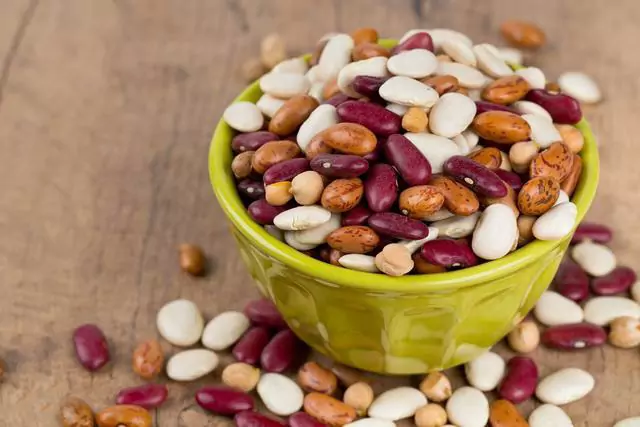
Can dogs eat beans? Do dogs eat beans for health?

Can dogs eat lemons? Fruits that dogs should not eat more of

Do dogs have nightmares? Are dogs' dreams similar to humans'?
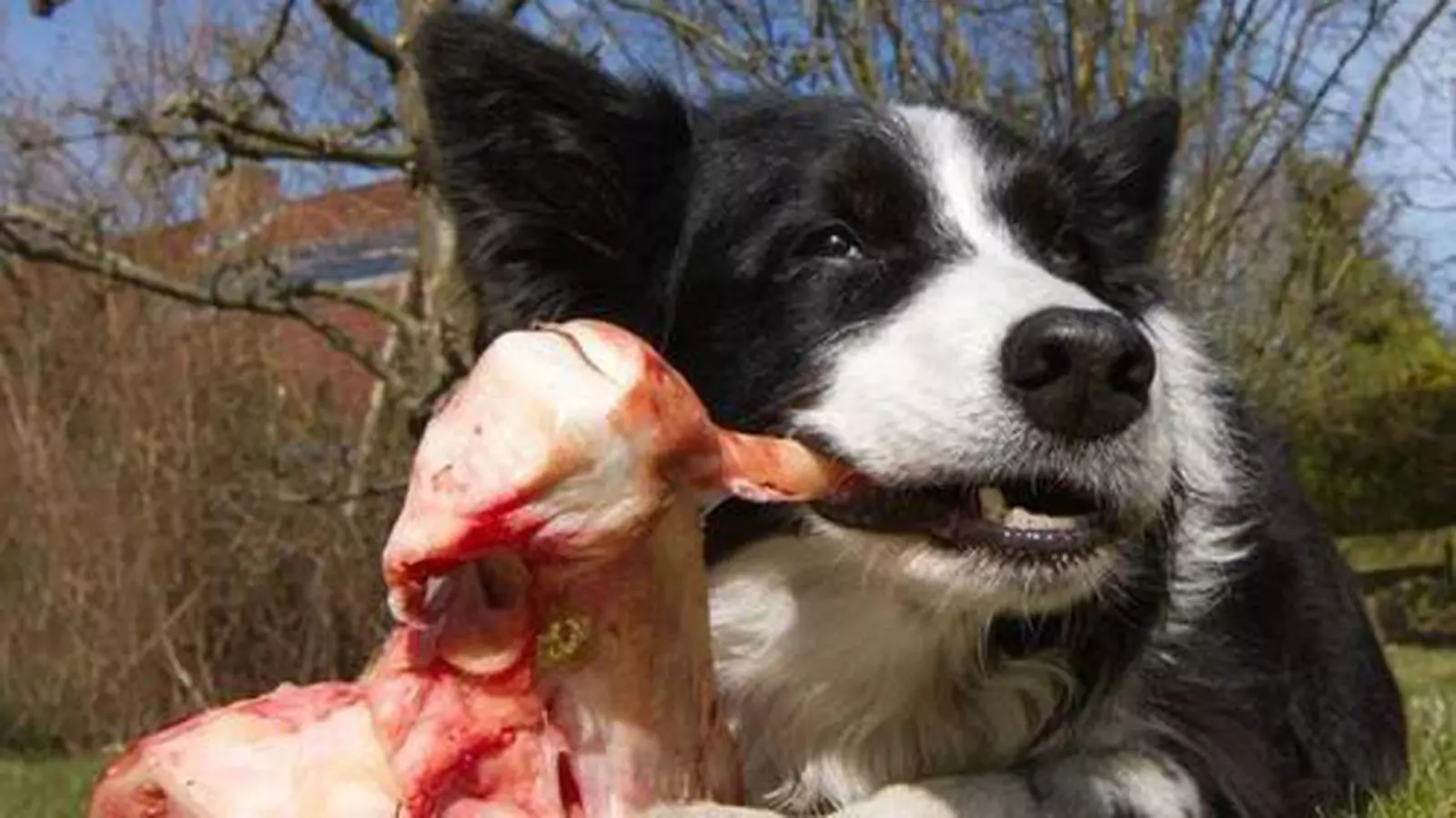
Can dogs eat raw beef? The benefits and drawbacks of beef for dogs
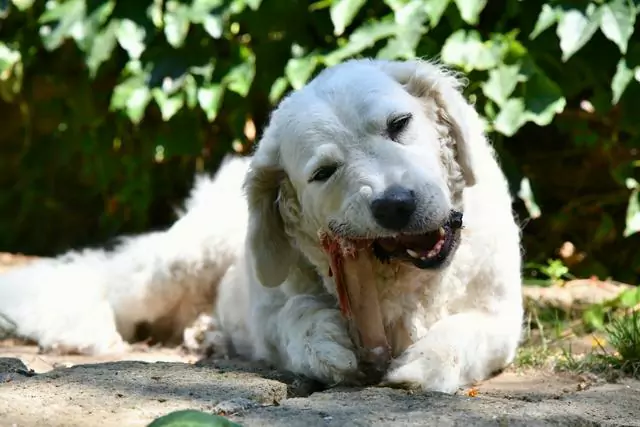
Is raw meat good for dogs? Can dogs eat raw chicken?

Can dogs eat pomegranates?

Can dogs eat ham?Can all types of ham hocks be eaten?

How to give a dog a bath

Can dogs eat kimchi?










